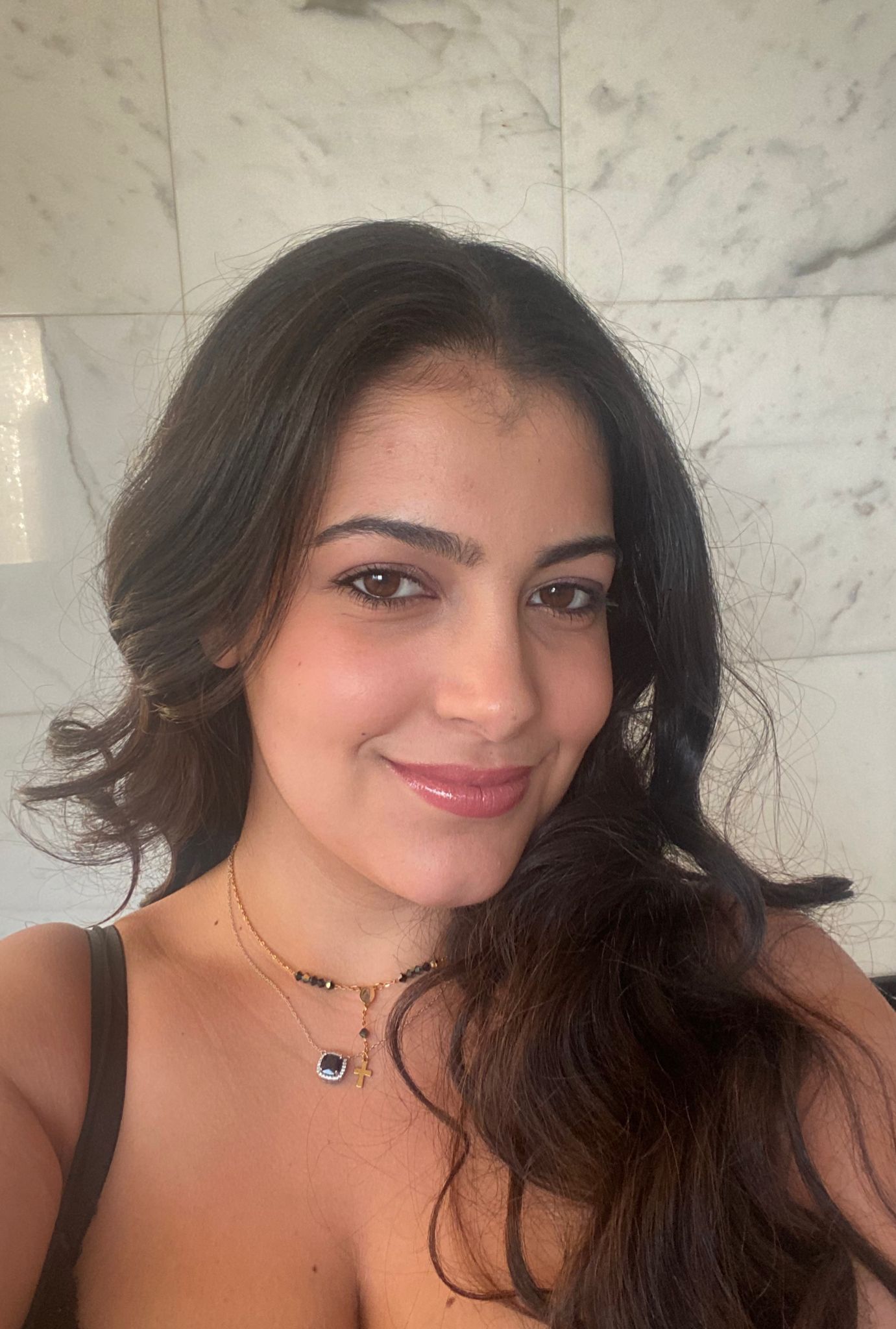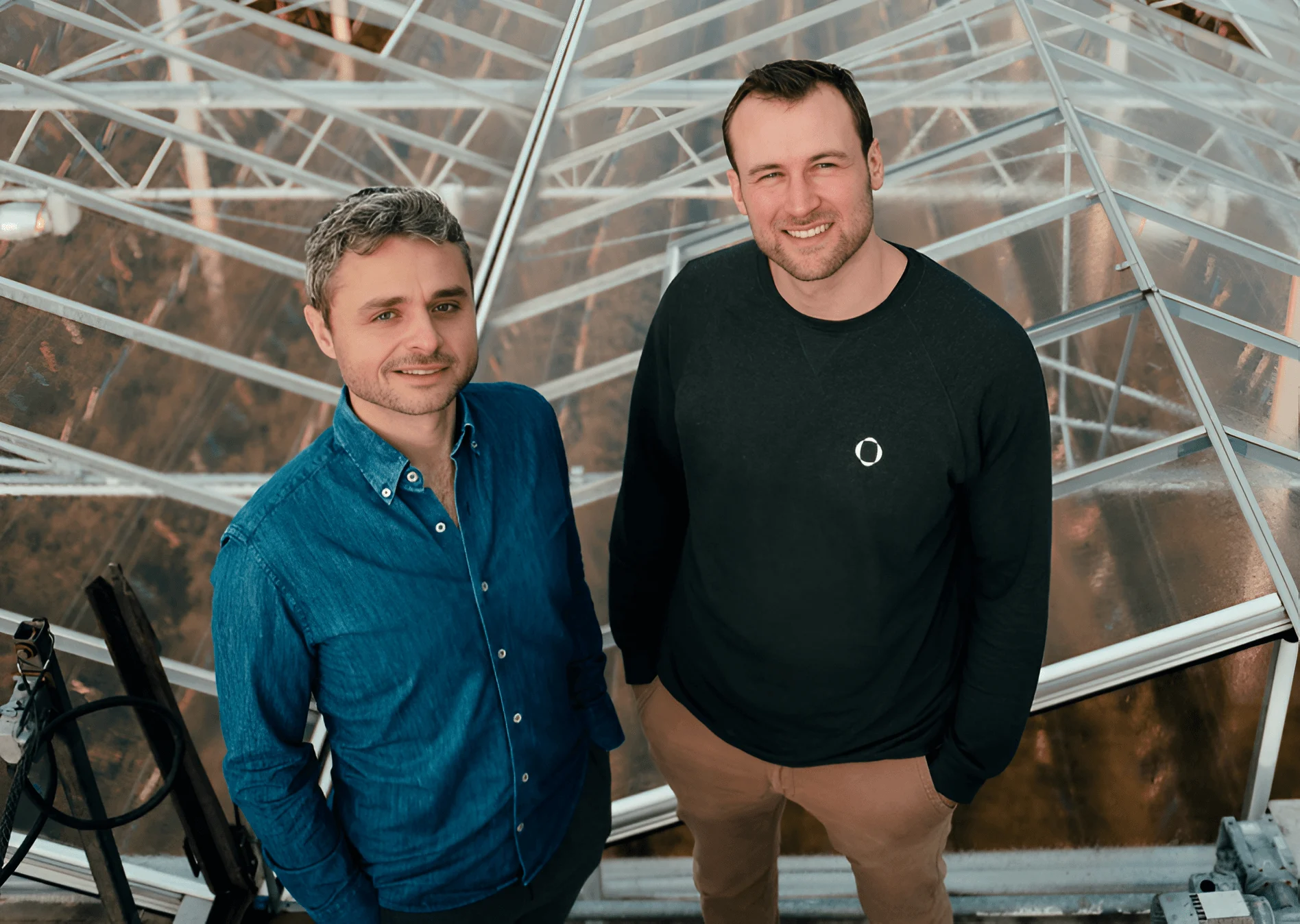Glasgow-based medtech startup Seluna, which develops AI-powered software for diagnosing and managing childhood sleep disorders, has secured €752,000 to advance its technology alongside a major clinical validation study at the Royal Hospital for Children in Glasgow.
- Seluna develops software to improve the diagnosis and management of childhood sleep disorders, particularly obstructive sleep apnoea.
- Its platform uses machine learning algorithms to automatically analyze data from paediatric sleep studies, identifying and classifying patterns of disordered breathing.
- The system is designed to support clinicians by providing interpretable, data-driven insights that can guide diagnosis and treatment decisions, helping to prioritise children who need intervention and reduce unnecessary procedures.
- The company is currently running a clinical validation study with 500 patients at the Royal Hospital for Children in Glasgow, with plans to expand to other NHS sites.
“As clinicians, we need to understand why the technology is making certain recommendations. Seluna’s focus on interpretability builds the trust we need to confidently use this technology in clinical practice. It will help take pressure off busy departments and allow us to stop firefighting wait lists," claims Dr Ruth Hamilton, Consultant Clinical Scientist at Royal Hospital.
Details of the deal
- The investemnt saw participation from Gabriel Investment Syndicate, Scottish Enterprise, Glasgow-based University of Strathclyde, and STAC Invest, Scotland's first accelerator-supported investment syndicate.
“Gabriel was delighted to lead this second round investment into Seluna, recognising the company’s exceptional progress in building the product, commercial partnerships and internal team capability. We look forward to continuing to support Seluna as the company transitions to helping children in the UK and US," explains Alex Lusty from Gabriel Investment Syndicate.
- Seluna plans to use the fresh capital to advance its machine learning technology, complete the clinical validation study, achieve UK Class I medical device approval, and lay the groundwork for international expansion, including FDA Class II approval in the US.





